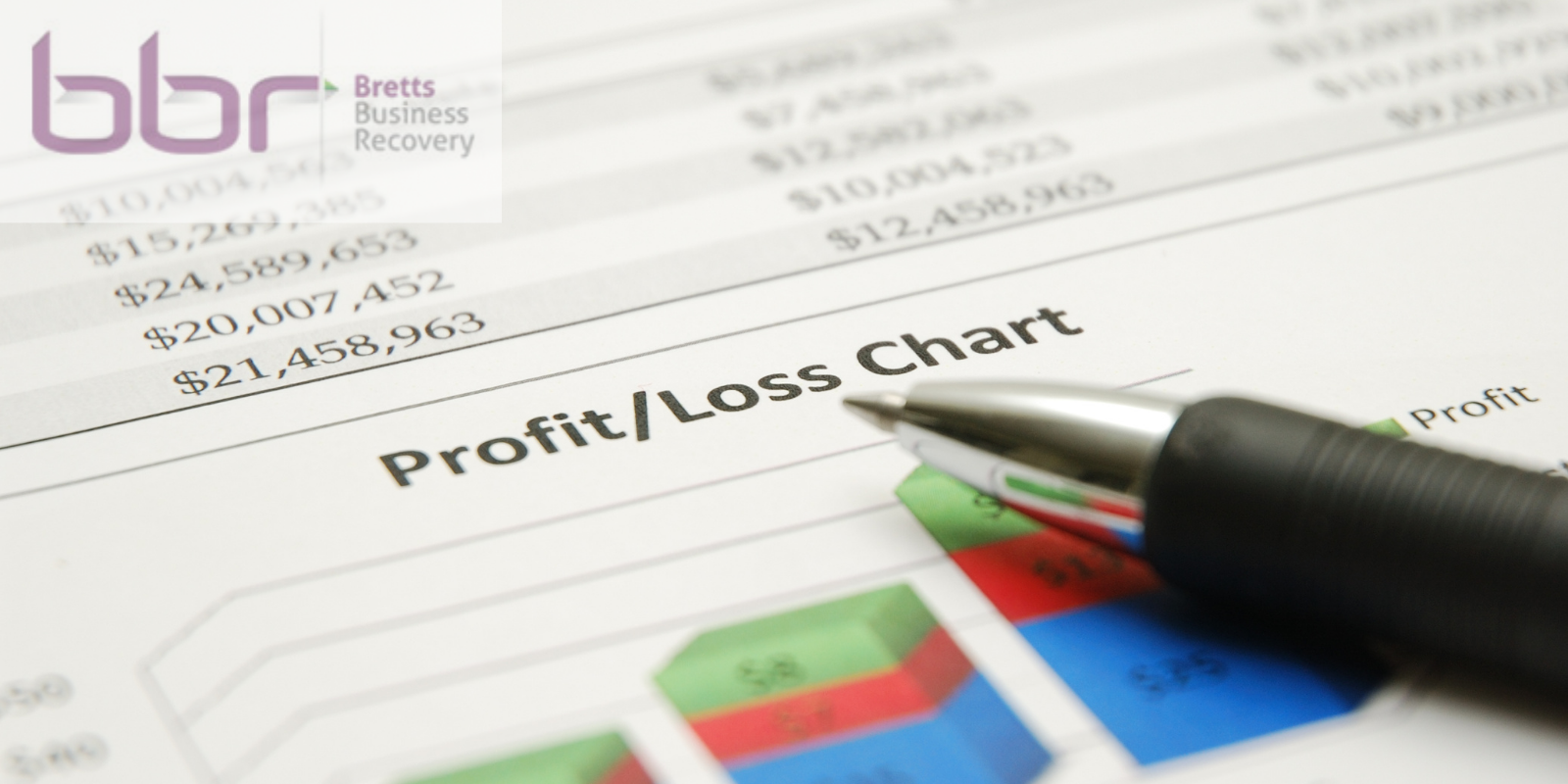Directors responsibilities if a business fails

When a business fails a director’s duties continue. Directors have several responsibilities and potential liabilities they must fulfil and these cannot be avoided by entering into insolvency
or liquidation – even by resigning.
Generally, directors are expected to act in the best interests of their company and its creditors, especially as insolvency becomes likely. Here are some specific responsibilities and potential liabilities to be aware of, once insolvency is faced:
1. Acting in the best interest of Creditors
Directors must take steps to minimise potential losses to the company’s creditors. They should seek professional advice and consider whether continuing to trade is in the best interests of the creditors. They must not take any actions that would cause the company’s debts to increase or go unpaid.
2. Wrongful Trading
Directors may be held personally liable for wrongful trading if they continue to trade when they knew, or ought to have concluded, that there was no reasonable prospect of avoiding insolvent liquidation. This can result in directors being required to contribute to the company’s assets.
3. Fraudulent Trading
Directors may be held personally liable if they are found to have carried on business with the intent to defraud creditors. This is a more serious offence than wrongful
trading and can lead to both civil and criminal penalties.
4. Directors’ Disqualification
Directors can be disqualified from acting as a director in future (for up to 15 years) if found guilty of misconduct, including wrongful trading, fraudulent trading, or other breaches of their duties.
5. Avoiding preferential treatment of creditors
Directors must avoid favouring certain creditors over others. If found guilty of preferring creditors, transactions can be reversed, and directors may face personal liability.
6. Undervaluing assets
Directors must not transfer company assets for significantly less than their value. Such transactions can be challenged and set aside by an insolvency practitioner. Obtaining independent valuations will avoid this.
Personal responsibility for company debts
Most businesses in England operate as limited liability companies (either private limited companies, Ltd, or public limited companies, PLC). In these cases, the company is a separate legal entity from its owners and directors, which means shareholders are not personally liable for the company’s debts. Their liability is limited to the amount unpaid on their shares (if any).
Directors are also not usually personally liable for the company’s debts unless specific circumstances arise where their actions breach legal duties or involve wrongful conduct, some of which is outlined above.
For business structures such as unlimited companies, partnerships, and sole traders, the situation is different:
- Unlimited Companies: Owners (shareholders) of unlimited companies do not have limited liability protection and can be held personally responsible for all company debts.
- Partnerships: Partners in a general partnership (not limited liability partnerships) are jointly and severally liable for the debts of the partnership.
- Sole Traders: Sole traders are personally responsible for all business debts, and their personal assets can be used to settle business liabilities.
If you would like further advice on director’s positions when facing insolvency please contact us